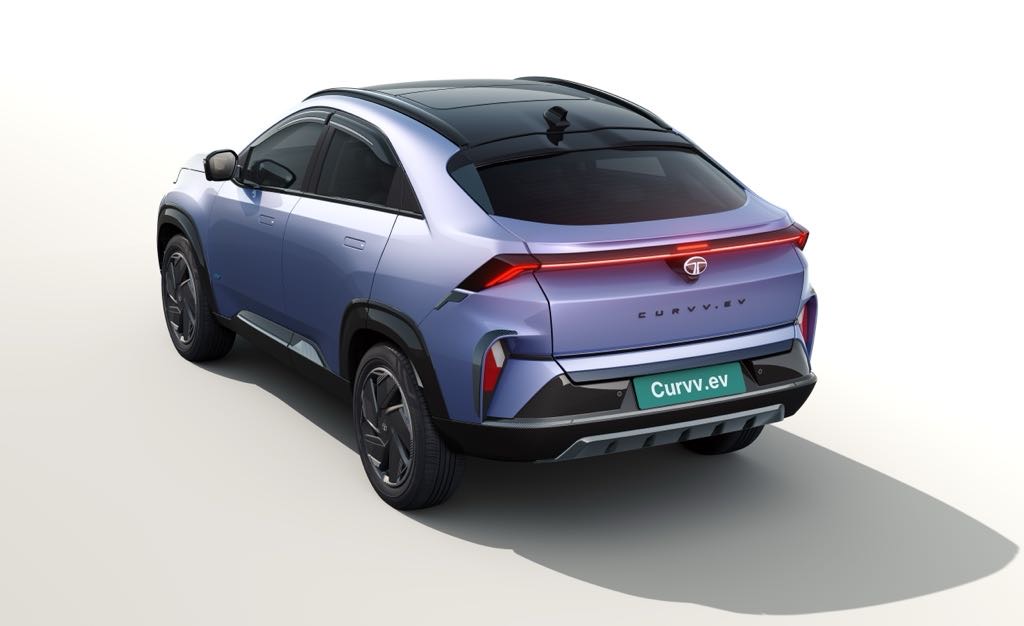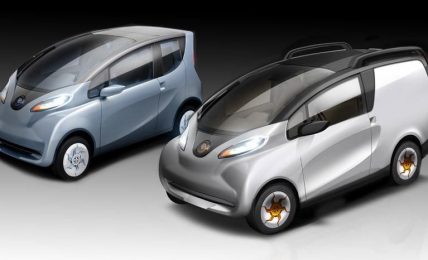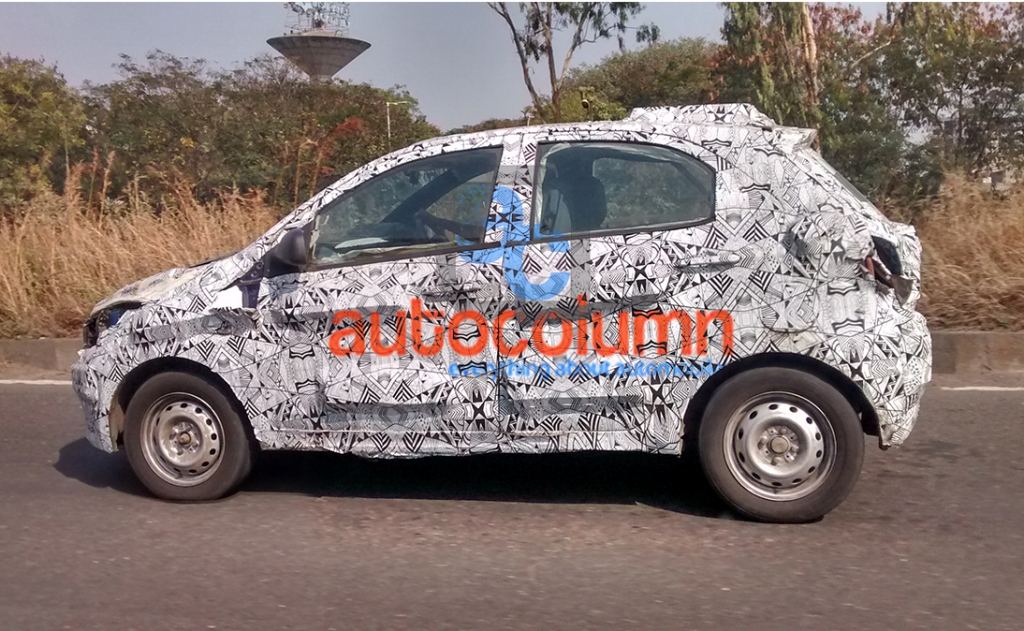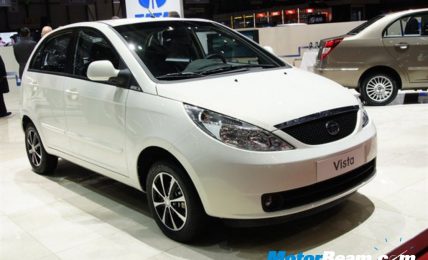
Tata Motors considering BaaS model, to bring down price by up to 30 percent
Tata Motors is reportedly considering the introduction of a Battery-as-a-Service (BaaS) model for some of its electric vehicle lines. The move could be a game changer in making EVs more affordable for consumers, a step that might significantly lower the cost of ownership and widen the appeal of electric vehicles in the country.
Exploring Battery Rental
Tata Motors is evaluating the possibility of offering a BaaS option across its electric portfolio, including models like the Tiago, Punch, Tigor, Nexon, Curvv, etc. The potential benefit of this model lies in the separation of the battery from the vehicle’s purchase cost, which could reduce ex-showroom prices by 25-30 percent. The consumers would then pay for the battery on a rental basis, calculated per km of usage, providing them with an affordable entry point to EV ownership.
Although still in the preliminary stages, with plans reportedly under internal discussion, Tata Motors is expected to gauge consumer interest through pilot programs before making any large-scale rollouts.
BaaS Model
The BaaS model is not new to the Indian market, with automakers like JSW MG Motor already offering this option in their Windsor EV and Comet EV lines. These vehicles can be purchased at significantly lower prices when the battery is rented separately, which gives consumers a more budget-friendly alternative while allowing them to spread battery-related costs over time. Industry experts suggest that Tata’s potential adoption of this strategy could bring down the prices of its EVs by Rs. 2-3.5 lakhs, making them more competitive against traditional internal combustion engine vehicles.
Challenges and Opportunities
Tata Motors has tested similar concepts in the past but did not proceed with the BaaS model at that time due to consumer confusion. Separating the battery from the vehicle financially, while not physically removing it, proved difficult for customers to understand. However, given the increasing demand for more affordable EV options and the growing trust in electric mobility, the company is revisiting the model.
This renewed focus on BaaS comes at a time when Tata Motors has seen a decline in its EV sales. The company reported a 14 percent drop in its electric passenger vehicle sales during the first quarter of FY25, followed by a 16 percent drop in the second quarter. These numbers reflect the broader challenges facing the EV industry in India, including slowing consumer demand and the expiration of tax waivers and incentives in key markets.
The implementation of BaaS could help counter these trends by making EVs more financially accessible, aligning with consumer preferences for lower upfront costs. Moreover, the model offers additional reassurance to potential buyers, as the responsibility for battery maintenance and replacement remains with the manufacturer, even when the vehicle changes hands.
Lowering Barriers to EV Adoption
Industry analysts suggest that the introduction of BaaS could significantly accelerate the adoption of electric vehicles in India. By addressing one of the most significant cost components—the battery—Tata Motors could help more consumers transition to electric mobility. This approach could also alleviate concerns about battery longevity, a factor that has often held back potential EV buyers due to fears of performance degradation over time.
While Tata Motors has not yet confirmed any final decision, the company’s spokesperson noted that the automaker is open to experimenting with new ideas and continues to explore options to make EV ownership more attractive. As the company looks to maintain its 75-80 percent market share in India’s electric passenger vehicle segment, innovative pricing models like BaaS could become a vital tool in sustaining growth and competing against newer market entrants.
As the EV market evolves, Tata Motors’ potential adoption of the Battery-as-a-Service model could be a pivotal moment for the industry. By offering more affordable EV options through battery rental, the company would not only cater to the price-sensitive Indian market but also provide a solution to common concerns about battery life and performance. Whether this will be enough to reverse the current sales slump remains to be seen, but it undoubtedly positions Tata Motors as a forward-thinking player in the electric mobility space.





